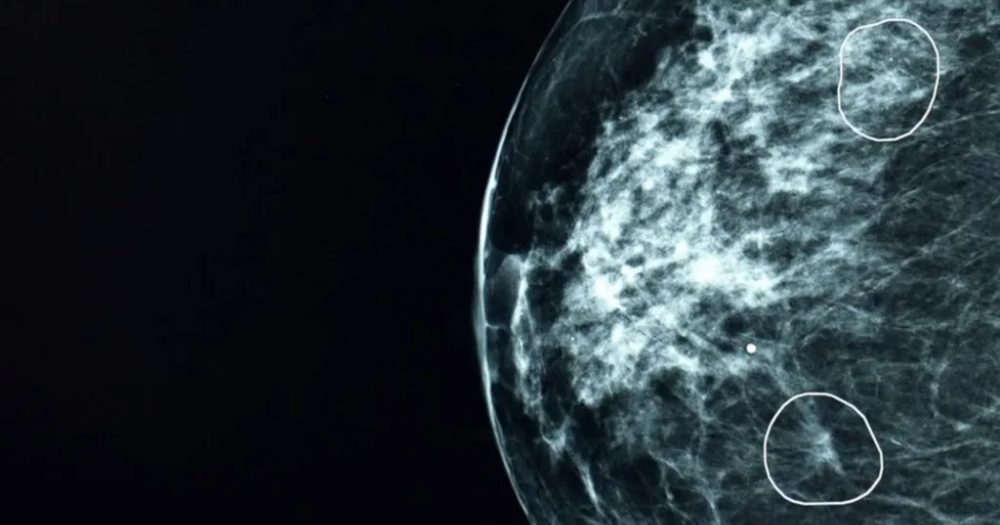UK NHS’ AI tech can spot tiny cancers missed by doctors

In a groundbreaking test by the NHS, an AI tool called Mia made a big splash by spotting breast cancer signs in 11 women that doctors had overlooked. During a trial with over 10,000 women, most of whom didn't have cancer, Mia didn't miss a single case and even found a few extra ones that had slipped through the human eye.
Breast cancers, especially in their early stages, can be super tiny and tricky for even experienced doctors to spot. The BBC got to see Mia in action and reported seeing tumors that you'd normally miss without help. This AI, depending on the type of cancer, could catch it before it starts to spread.
Barbara, one of the women Mia helped, had a tiny 6mm tumor. Caught early by Mia, her treatment was much simpler and shorter than what many undergo. She needed just five days of radiotherapy, a testament to catching such things early. Barbara's story also highlights the AI's potential to drastically cut down the wait for results from two weeks to just a few days, according to Kheiron, the company behind Mia.
Still, the human touch isn't going anywhere - every scan Mia reviewed was also checked by human eyes. The hope is that, eventually, AI like Mia could take some of the load off doctors, making their work more efficient without replacing them. In fact, the trial saw nearly all participants willing to have their scans reviewed by Mia, showing trust in this technology blend.
Creating Mia wasn't quick or easy. It took six years of hard work and the processing power of cloud computing giants. Mia learned from millions of mammograms from women worldwide, emphasizing the need for inclusivity in healthcare tech right from the start.
Despite doctors' expertise and dedication, they're human and can get tired or distracted. Mia could help catch what they might miss in those moments, acting as an extra, unblinking eye.
However, Mia's not perfect. It can't use patient histories, which means it might flag things that doctors already know aren't a concern. Also, it can't learn from its work in real-time due to regulations. Every update needs a fresh review.
This trial is just a beginning, with more research needed to fully understand how AI like Mia can best support cancer diagnosis and treatment. The Royal College of Radiologists and Cancer Research UK are optimistic about AI's potential in healthcare, seeing it as a tool to augment, not replace, human expertise in battling diseases like cancer.
There's excitement about the future of AI in healthcare beyond breast cancer, with other trials underway across the UK looking into diseases like sepsis. But as with Mia, it's still early days, and the journey from trial to treatment is long and requires lots of validation and research.
💡Did you know?
You can take your DHArab experience to the next level with our Premium Membership.👉 Click here to learn more
🛠️Featured tool
 Easy-Peasy
Easy-Peasy
An all-in-one AI tool offering the ability to build no-code AI Bots, create articles & social media posts, convert text into natural speech in 40+ languages, create and edit images, generate videos, and more.
👉 Click here to learn more


